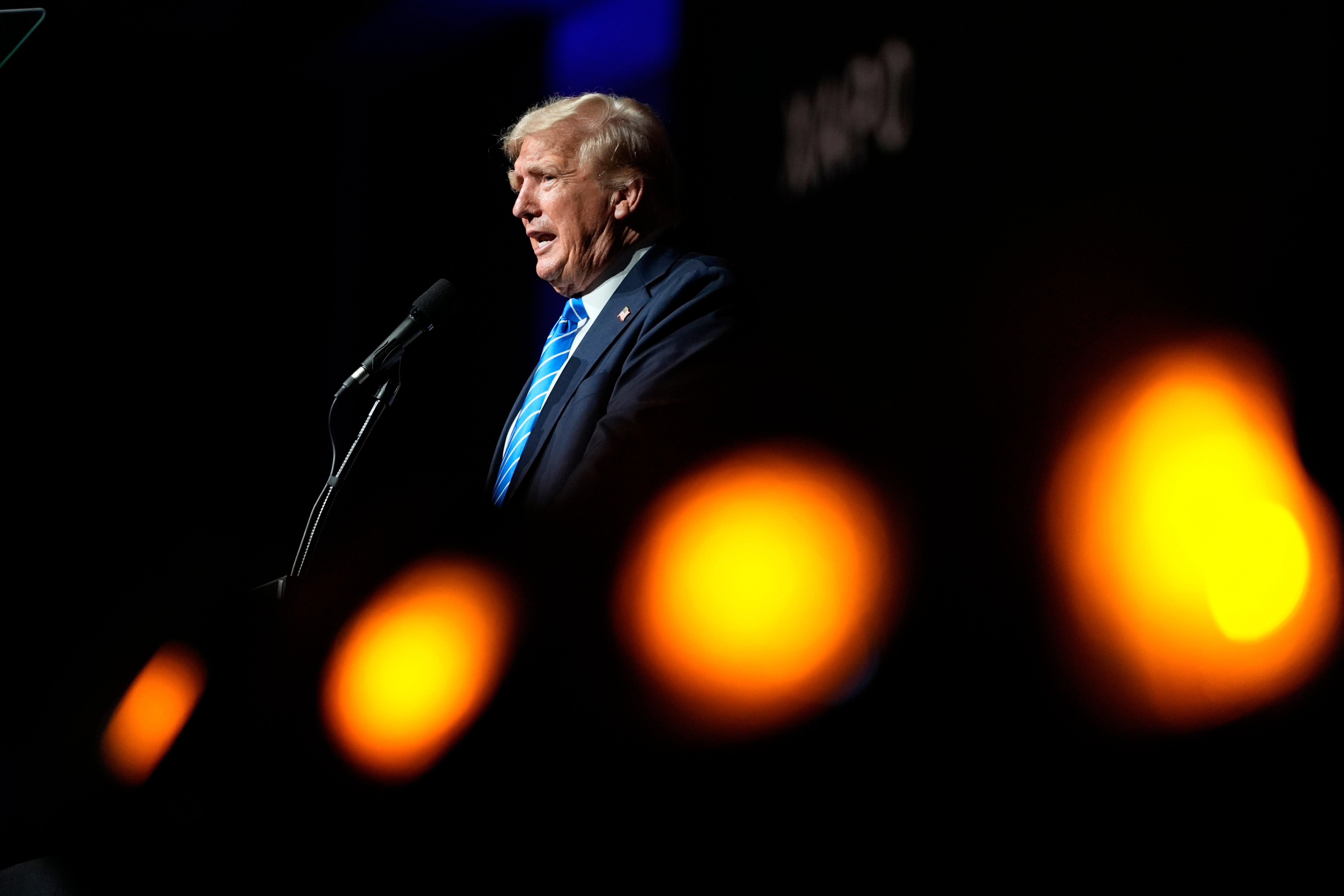Trump’s attempt to dismiss election interference case is denied by judge

Support truly
independent journalism
Our mission is to deliver unbiased, fact-based reporting that holds power to account and exposes the truth.
Whether $5 or $50, every contribution counts.
Support us to deliver journalism without an agenda.

The federal judge overseeing Donald Trump’s election interference case has denied his attempt to throw out the proceedings.
In an order, issued on Saturday, DC District Court Judge Tanya Chutkan rejected Trump’s motion to dismiss the Department of Justice’s case on legal grounds.
Trump “may file a renewed motion once all issues of immunity have been resolved,” she wrote.
Chutkan has reclaimed control of the election interference case after the Supreme Court tasked her with deciding which acts in Trump’s alleged efforts to overturn the 2020 election are considered “official” versus private acts, the latter of which can be prosecuted.
In a motion filed last October, Trump’s lawyers had argued that in order to convict the former president, “the prosecution must prove that President Trump took post-election actions to accomplish a governmental objective, and not for any personal gain. Proving this, however, directly implicates Presidential immunity.”
Trump’s lawyers had appealed the presidential immunity argument to the Supreme Court, claiming the former president was acting within his official duties as president and therefore should be immune from criminal prosecution.

On the matter of presidential immunity, the Supreme Court justices wrote in a 6-3 decision last month that “there is no immunity for unofficial acts” under the presidency but carved out some immunity from criminal prosecution for “official acts.” The court’s three liberal justices in their dissent warned that the conservative majority turned the president into “a king above the law.”
Trump faces four felony counts: conspiracy to defraud the United States, conspiracy to obstruct an official proceeding, obstruction of, and attempt to obstruct, an official proceeding, and conspiracy against rights. He has pleaded not guilty to the charges.
Chutkan scheduled the next hearing for August 16, marking the first time the parties will reconvene after the case was stayed for seven months.
Despite putting a date on the calendar, it is still unlikely that there was be a ruling in the case before the November presidential election.
The trial was originally scheduled for March, but Trump’s February appeal paused the proceedings.




